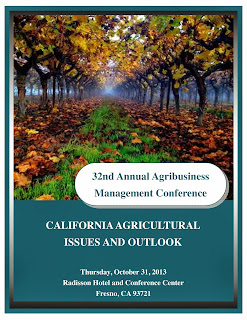NASSIF STATEMENT ON RELEASE OF GOP IMMIGRATION REFORM STANDARDS
Efforts for Long-term Immigration Solutions Praised
Western Growers president and CEO Tom Nassifissued this statement TODAY on the release of the GOP Immigration Reform Standards:
“I applaud Speaker Boehner, Majority Leader Cantor, and Whip Kevin McCarthy for their efforts to move immigration forward in the House. The standards leadership have drafted represent a commitment to reforming our immigration system in a manner that respects the rule of law while strengthening the ability for agriculture to remain competitive in the world market. We especially applaud the specific acknowledgement of agriculture’s unique needs and look forward to working towards crafting a long term solution.
The commitment to dealing with our existing workforce in a humane and sensible manner, and making visa programs more market-based and workable are not only key priorities for our industry, they are consistent with Republican values. We appreciate the House leadership for their courage to lead on this critical issue. We look forward to working with all members of the House to move legislation forward that can finally fix our broken immigration system.”
Since 1926, Western Growers have represented local and regional family farmers growing fresh produce in Arizona and California. Our members provide half the nation’s fresh fruits and vegetables including a third of America’s fresh organic produce. Some also farm throughout the U.S. and in other countries so people have year-round access to nutritious food. For generations we have provided variety and healthy choices as the first line of defense against obesity and disease. We grow the best medicine in the world.™











